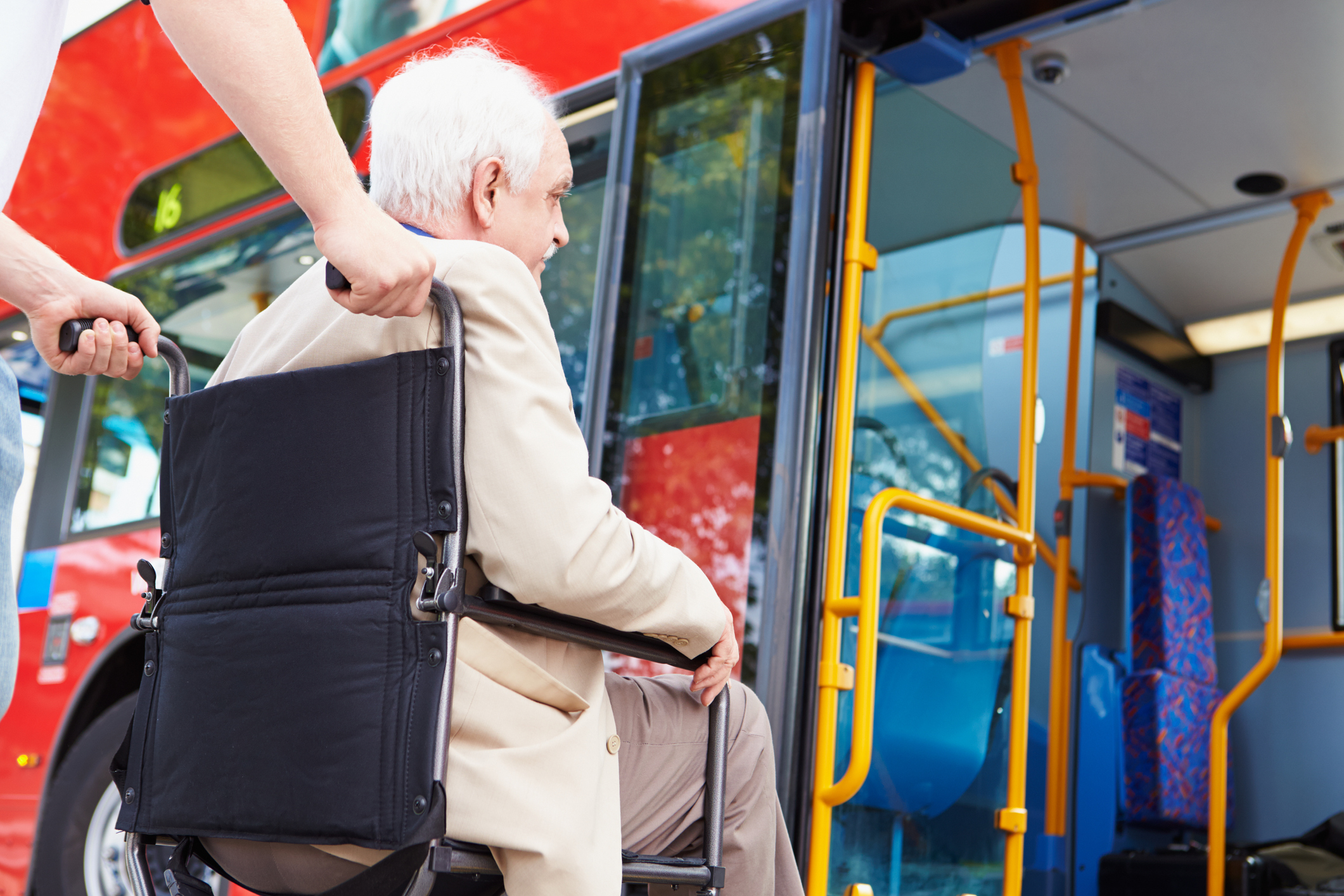While many aspects of life have returned to a more “normal” state, staffing shortages and supply chain issues continue to cause service interruptions – and for groups of people who rely on public transportation, these disruptions can impede daily activities. Older adults living in urban areas frequently rely on public transit, but seniors who are frail or use wheelchairs are often unable to access these options because of sidewalks and lifts that have fallen into disrepair.
According to a recent U.S. HealthDay News report, a new study has found that about 700,000 older Americans rely on public transportation to get to and from their medical appointments. That translates into about 1 in 10 seniors living in cities who rely on public transportation. But when older adults are frail or use a wheelchair, damaged sidewalks on their route or broken wheelchair lifts on buses can make the trip not only difficult but dangerous. Because of these impediments, seniors who most need to keep up with regular medical appointments may skip visits to their doctor.
With financial cutbacks and staffing shortages continuing to plague public transportation services, wait times for mass transit have lengthened, creating hazardous conditions for people with disabilities or chronic health problems. Waiting in extreme heat, rain or cold can worsen health conditions like heart failure, kidney disease or diabetes.
The study highlights the need for improvements to public transportation access and reliability in urban settings. Seniors often relocate to cities where transportation is available after driving is no longer an option. Before making a move, older adults and family caregivers should carefully evaluate transportation routes, including sidewalks and pathways, that would be used to determine if they are safe and reliable.
Researchers from the study plan to start a pilot program next year in West Baltimore to see if providing mobility-related equipment would help seniors navigate uneven sidewalks better. The program would also include free public transportation passes that would allow older adults to travel with a caregiver to and from medical appointments without any added expense. Having a trusted caregiver at medical appointments can help also help seniors better manage chronic health conditions by keeping track of information and prescriptions, and asking pertinent questions.






Add Your Voice
0 Comments
Join the Discussion